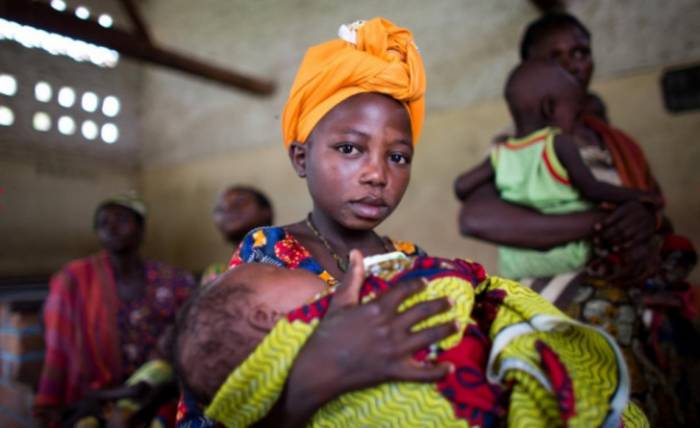There are no products in your shopping cart.
| 0 Items | £0.00 |

 SOKOTO State government is to enrol about 20,000 out-of-school girls and women in a new ambitious educational programme across the state's 23 local government areas under a fresh push to combat illiteracy.
SOKOTO State government is to enrol about 20,000 out-of-school girls and women in a new ambitious educational programme across the state's 23 local government areas under a fresh push to combat illiteracy.
Nigeria has the highest number of out-of-school children in the world with about 13m kids and Sokoto is one of the worst affected states as it only has an enrolment rate of 57%. To address the crisis, Cynthia Obazee, the national coordinator of Grassroots Entrepreneurship Skills Acquisition (Gesa), said they would enrol the pupils under the European Union/United Nations Spotlight Initiative Second Chance Education for Women and Girls.
Speaking at a stakeholders’ consultation meeting on Acceleration of Second Chance Education for Women and Girls, Ms Obazee said Gesa was contracted by Unesco to implement the project in Sokoto, Adamawa, Ebonyi, Cross River and Lagos states as well as the Federal Capital Territory. She added that Gesa in collaboration with the Agency for Mass Education under the Ministry of Education and other relevant agencies would implement the second chance education for women and girls.
Ms Obazee said: “The aim of this project is to reach to out-of-school women and girls, including boys and men, those living with disabilities, victims and survivors of gender-based violence, those living with HIV, victims of early marriage, victims of early and unintended pregnancy and the rural poor/orphans. The 2015 survey of the National Bureau of Statistics shows that 462,164 out-of-school children are in Sokoto State and two-thirds of these are women and girls.
“We should stand up for women and girls right to education. We are all responsible to reach out and leave no one behind.”
Shadrach Uloko, the Spotlight Project Manager, urged stakeholders including government, traditional rulers, community leaders, religious groups, women organisations, youth groups, the civil society organisations to support the project. It will start off in two local governments and be extended to the other 21 during the course of the year.